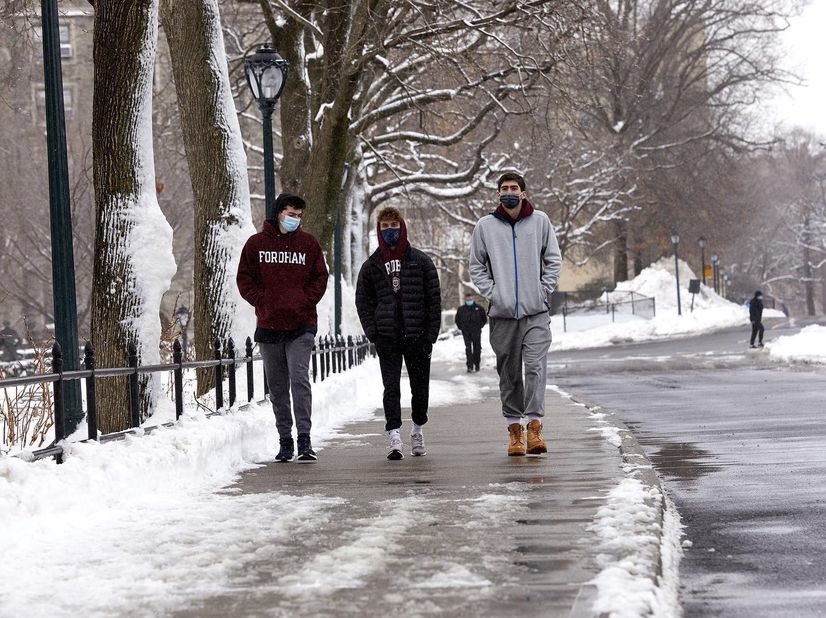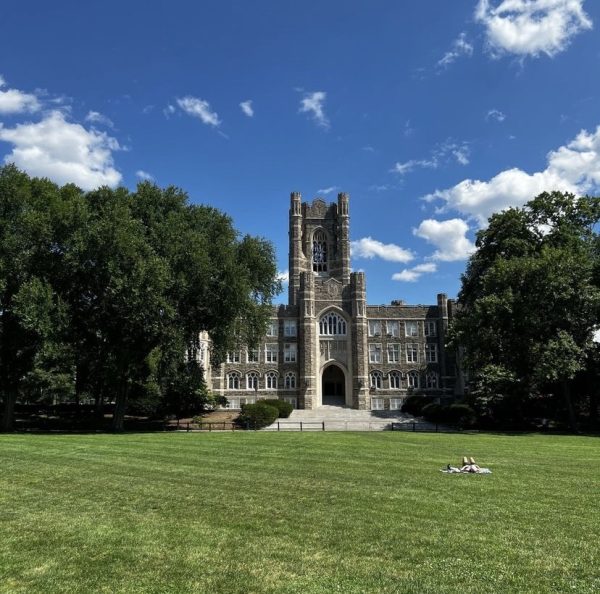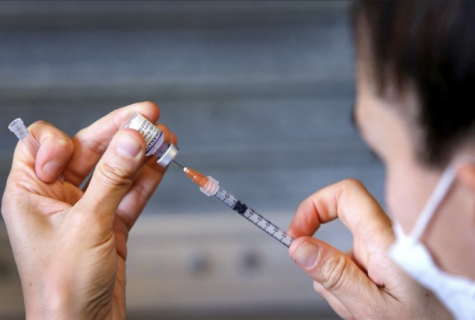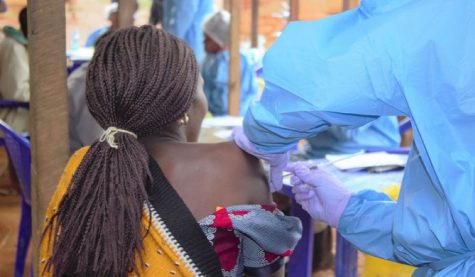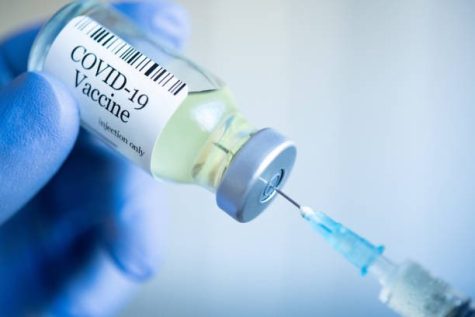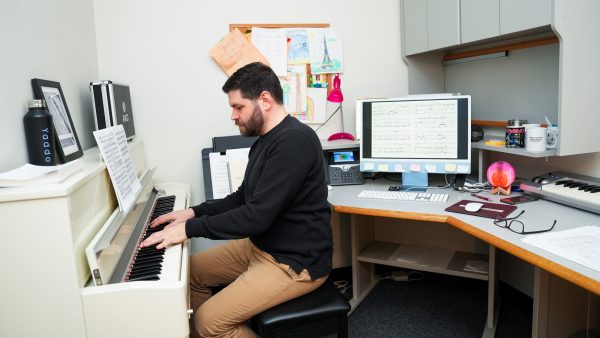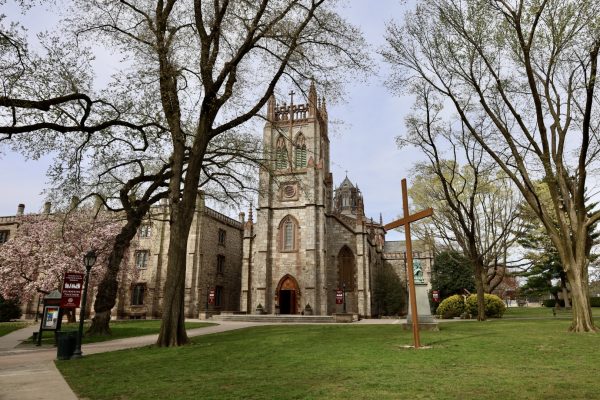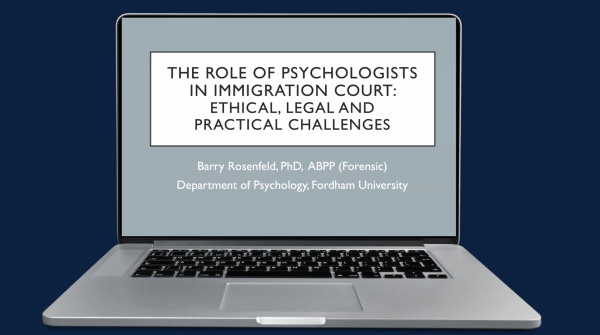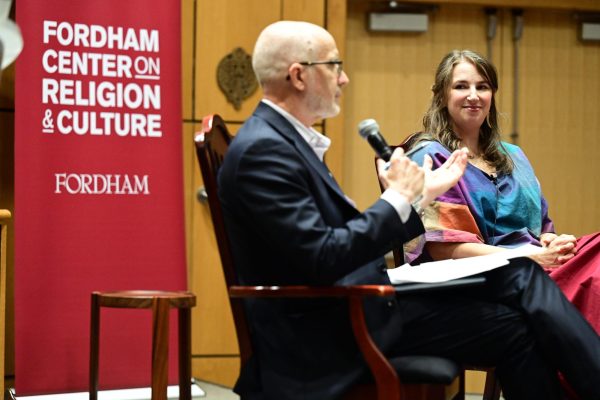Fordham Community Returns to Fully In-Person Semester
Fordham students and staff return to a fully in-person semester despite Omicron variant breakout.
On Jan. 10, in a message to the university, Rev. Joseph M. McShane, S.J., president of the university, announced that Fordham would resume with in-person instruction for the spring 2022 semester.
Despite the spike in cases of the omicron variant of COVID-19, McShane stated that “the weight of all the factors comes down on the side of a fully in-person spring semester,” citing that the omicron variant appears to be “far less likely to cause severe disease, especially within a fully vaccinated community.”
Later in the statement, McShane addressed that new health and safety protocols would be implemented to increase student and faculty safety throughout the spring semester.
McShane’s message was received with various responses across the student body. In
the weeks following, John Lonie, FCRH ’22, started a petition arguing that the mandate for in-person learning “goes against the physical and mental health of many students,” leaving “immunocompromised students, faculty and family at risk with no option to learn remotely.”
Lonie, who had previously advocated for a pass/fail option for students in the fall 2021 semester, said he was motivated to write the petition because he “saw a unified outpour of anger and concern from students.” In addition to the petition, Lonie organized a walk-out protest at the Lincoln Center campus on Jan. 24 in hope that the Fordham administration will implement a hybrid option for all spring 2022 classes.
“I’m a lifelong New Yorker and I’ve seen this city be the epicenter of the entire pandemic. I don’t want to see them go through that again,” said Lonie.
Columbia University announced in a statement that they would begin the first two weeks of the spring semester with remote instruction. However, other New York institutions such as New York University and The City University of New York (CUNY) communicated that they would begin the spring semester with in-person classes.
Evan Madrid, FCRH ’22 stated that as a commuter student, “Fordham’s decision to go fully in person is really taxing.”
“Fordham choosing to exclusively go back in person brought a lot of people [who are] ignorant of their surroundings to crowd around bars and shops [in the local community]” said Madrid. Many commuter students worry about contracting COVID-19 on campus and spreading the illness to immunocompromised family members as well.
Despite concerns among students, especially those who commute, a Fordham Rose Hill professor in the English department, who was reluctant to comment publicly due to the divisive nature of the issue, highlighted many of the added difficulties that come along with remote classes.
These difficulties include gaining special permission and approval for the curriculum from the New York State Education Department. However, the professor did add that there are mixed opinions amongst faculty citing the recent Faculty Senate meeting that resulted in a vote against vaccine mandates. The professor said that there are positives and negatives to both on-line and in-person classes, noting that students are sometimes more reluctant to participate in class with masks and when they never see the faces of their classmates.
Despite concerns surrounding COVID-19, many students were eager to return to in-person classes and resume campus activities in the spring semester. Libby Vernon, GSB ’22 and vice president of student life, stated that the greatest benefits of returning to an in-person semester include “keep[ing] students accountable to school work and being able to foster relationships with other students.”
Vernon said that being in-person impacts every single aspect of student life, “You can tell the camaraderie amongst students is better on campus and in person,” citing all the various performance groups and events that reach the community beyond the classroom.
Bob Howe, assistant vice president for communications and special advisor to the president, expressed sentiments similar to Vernon’s. He stated, “as a fully vaccinated, fully boosted community, Fordham personnel have a significantly lower risk of severe illness from COVID-19.”
While “the health of our local communities (in the Bronx and Manhattan) was certainly a consideration … contact tracing efforts from the fall 2021 semester determined that the primary paths for COVID-19 transmission involved informal social gatherings where students interacted without wearing face masks,” said Howe. Howe believes the most crucial element to ensuring that the spring semester runs smoothly will be “the diligence and cooperation of our students, faculty and staff.”
“The more conscientious our community is at observing COVID-19 precautions, the better our chances are for a smooth spring semester.” Whether in support of in-person classes or not, there have been widespread suggestions that the Fordham administration could improve its response with increased testing measures, greater communication and transparency with faculty and students.
Spring 2022 is the second in-person semester since the start of the COVID-19 pandemic.





































































































































































































